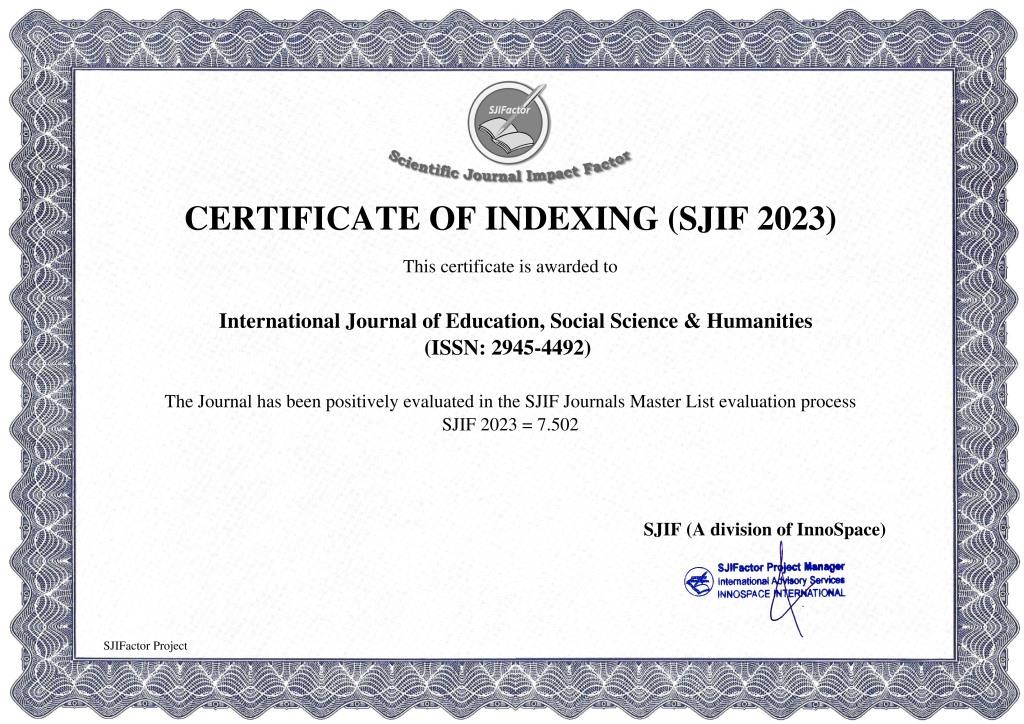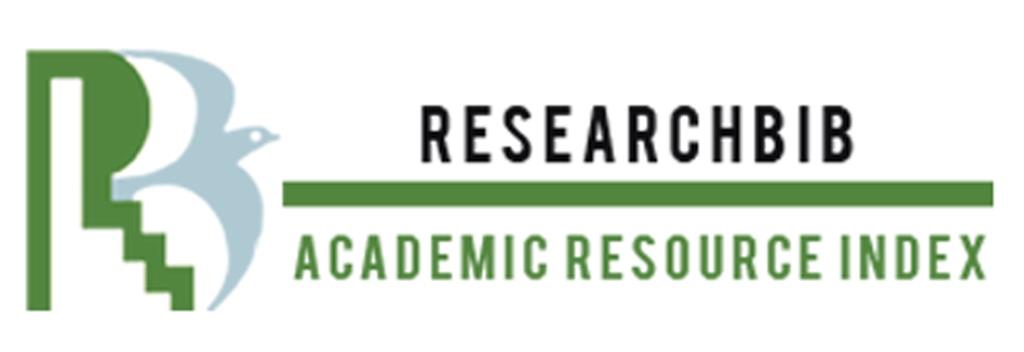О НЕКОТОРЫХ ТЕОРЕТИЧЕСКИХ ВОПРОСАХ СЛОВООБРАЗОВАНИЯ В СОВРЕМЕННОМ КИТАЙСКОМ ЯЗЫКЕ
Abstract
this article reveals the main theoretical questions and answers to them in the field of word formation in the modern Chinese language. the definition of the term "word formation" in the Chinese language is associated with the fact that it has different meanings. Traditionally, "word formation" refers to the formation of new words from existing word units. Based on this, word formation was presented as an enrichment of the lexical composition of the language in various ways. New words are formed according to the rules in force in the language, as well as according to models reflecting a certain linguistic mechanism. To express it, the term “word formation” is also used, which means ways of creating new words in a particular language. In addition, the term “word formation” also means such concepts as the structure of derived words, the system of derived words, and the like. As you know, the object of word formation is a word, which is also studied in other sections of linguistics. The difference between the derivational section of linguistics from others who study the word is that it does not study all the words of the language, but only derived words. In this case, derived words are considered “not as separate units of the lexical composition of the language, but as their relation to the corresponding derivatives, their own word-formation structure - the way of word formation, the model of word formation, etc. studied together with other derivatives. Thus, as the units of the language studied in word formation, one should consider not only derived words, but also certain categories, combinations of derived words with formal and semantic features.
References
Бердиалиев А. Ўзбек тилида сўз ясовчи қўшма аффикслар. Ф.ф.н.дис. – Т., 1970.
Коротков Н. Основные особенности морфологического строя китайского языка. – М., 1968. –
Кубрякова Е. Типы языковых значений. Семантика производного слова. – М., 1981. – С.24.
Мирзакулов Ш. Ўзбек тилида сўз ясалиши маъноси ва парадигмаси (Парадигма и значение словообразования в узбекском языке. Автореферат. – Самарканд, 1995.
Немченко В. Основные понятия словообразования в терминах. – К., 1985.
Рахматуллаев Ш. Тил қурилишининг асосий бирликлари. – Т., 2002.
Реформатский А. Введение в языкознание – М., 1955.
Фортунатов Ф. Сранительное языкознание // Избранные труды. Т.1. – М., 1956.
Хаматова А. Словообразование современного китайского языка. – М.: Муравей, 2003.
Ҳожиев А. Ўзбек тили сўз ясалиш тизими. – Т., 2007.
Ғуломов А.Ўзбек тили грамматикаси (Грамматика узбекского языка). – т.1, Т., 1975.
陆志韦。汉语构词法。北京,1964。
陈光。 汉语词法论。北京,2001。
王赴朊..动词重叠研究方法. Beijing.2003.
Носирова C. Хитой тилининг ижтимоий–сиёсий ва дипломатик терминологияси. – Т.: Янги аср авлоди, 2011.
Хашимова С. Ҳозирги хитой тилида редупликация, аффиксация ва конверсия. - Т., 2020.














